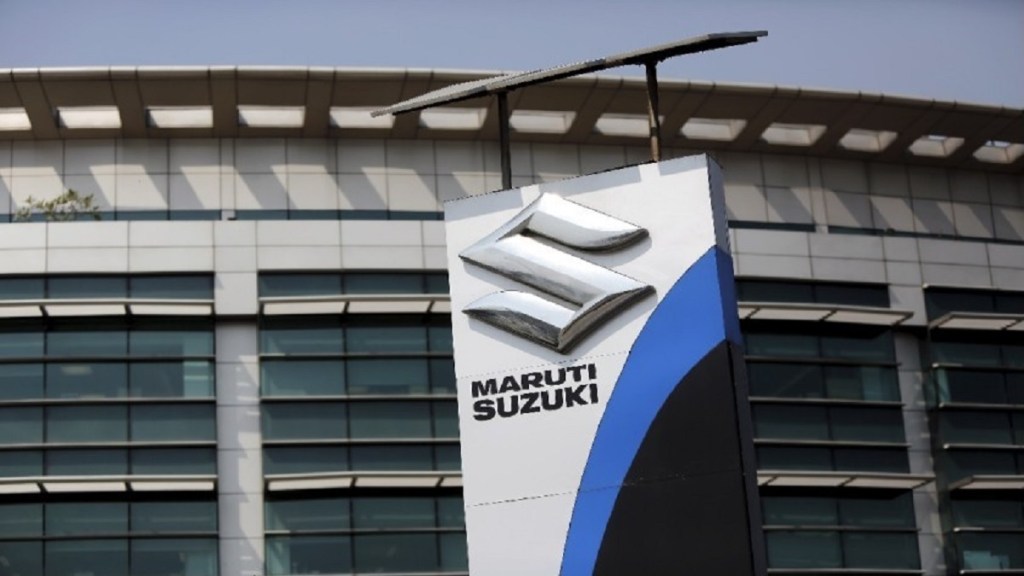Car buyers are increasingly demanding hybrid variants in models where such options are available giving rise to the new segment in the wake of plunging demand for diesel models and reluctance of some top carmakers who have bypassed the technology to jump directly to electric vehicles (EV).
While Japanese brands such as Maruti Suzuki, Toyota and Honda are witnessing strong traction for hybrid variants in their offerings including Grand Vitara, Innova Hycross and City, respectively, three of India’s top four carmakers who control 45% of the domestic market remain unenthused by the hybrid demand surge.
Though Tata Motors and Mahindra & Mahindra (M&M) have chosen to invest their financial resources into EVs to be in line with the global trend, Korean car brand Hyundai too has stayed the EV course promising to launch nearly half a dozen models powered by batteries only.
Car market leader Maruti Suzuki who gave up on diesels in early 2020 and decided to offer hybrids as an alternate solution, state that one in every five of its Vitara Brezzas sold are powered by hybrid technology. It entered the premium multi utility vehicle (MUV) space with the Invicto, which only comes with hybrid.
“Waiting period is around three months for the hybrid variants of the Grand Vitara and much higher for the Invicto which is available in hybrid only. Demand has been very strong for the hybrids,” said Shashank Srivastava, Senior Executive Officer, Marketing and Sales, Maruti Suzuki to Fe.
Toyota had to pause bookings of the top-end versions of the Innova Hycross, comprising hybrids, since demand far exceeded its ability to supply.
A hybrid vehicle has two sources of energy, petrol engine and battery, which it uses for propulsion. The batteries are used for commuting small distances while the petrol engine is used for longer distances. This smarter mix of energy sources results in fuel efficiency that is nearly double compared to a conventional vehicle.
But since hybrid technology itself is expensive as it requires use of development of two different sources of energy; and devoid of any support from the government unlike purely electric models, other car manufacturers have shown little or no interest in the growing bandwagon.
SUV-specialist M&M, who has lined up half a dozen EV models for the next five years, has ruled out entering the hybrid segment. Since its EVs are targeted for markets beyond India as well, it is keen to shape its product pipeline as per the direction adopted by governments of other countries, which are also treading the EV path.
Tata Motors has achieved EV penetration of 13-15% in its portfolio. It offers three of its models with battery electric options. The electric variant of the Tiago displaced the petrol variant to emerge as the most favored choice of the consumers.
“Both Tata Motors and M&M have raised funds and invested heavily on EV technology. Switching midway to hybrids, which is an expensive technology, won’t be prudent. Remember, Maruti got this technology from Toyota,” said an automotive consultant based in Bengaluru.
While EVs carry a GST (goods and services tax) of 5% and no compensation cess, hybrid vehicles carry a GST of 28% and a compensation cess which can be between zero to 15%, bringing the total tax payable to 43%.
More recently, French carmaker Renault, who also gave up diesel technology completely, expressed keenness to bring its plug-in hybrid vehicle technology to India. A plug-in hybrid is where the vehicle’s batteries are charged using an external source like a wall charger.



















